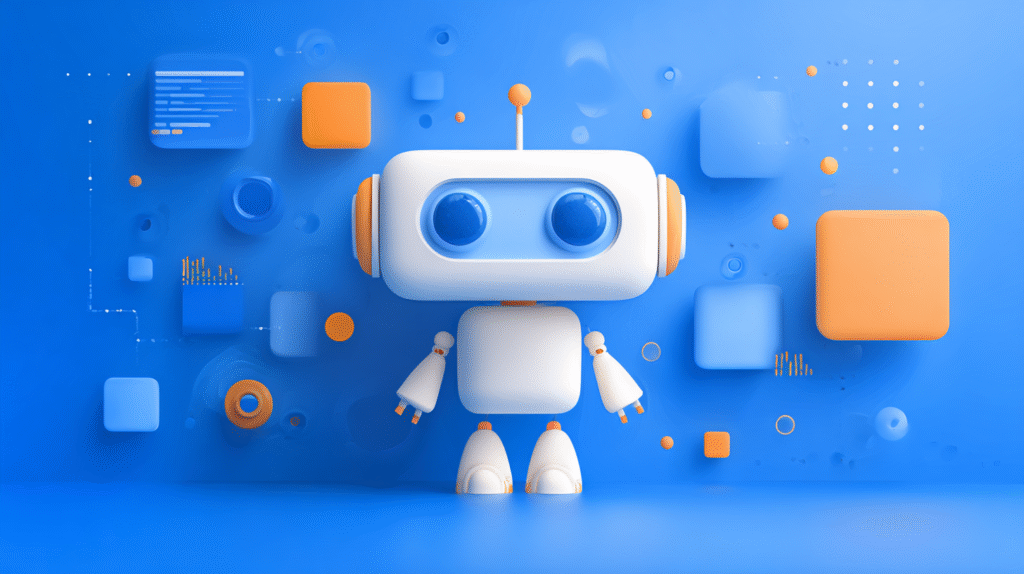The integration of AI technology in human resources (HR) is no longer a futuristic concept; it is a reality reshaping the retail industry. As the global workforce evolves, HR leaders are increasingly tasked with harnessing AI integration to enhance employee engagement, streamline operations, and maintain their competitive edge. However, the challenge lies not just in adopting these technologies but in doing so strategically, prioritizing human capital and minimizing potential inefficiencies. This blog will explore three essential strategies for successful AI integration in HR, tailored specifically for leaders in the retail sector.
Understanding the AI Landscape in HR
Before diving into strategies, it’s crucial to grasp the current landscape of AI in HR. Recent studies indicate that over 70% of retail businesses are integrating or planning to integrate AI tools to improve employee engagement and optimize workforce management. These tools can assist in a variety of areas, from recruitment and onboarding to performance management and employee retention.
Nevertheless, retail HR executives face significant challenges during this transition. Possible hurdles include data overload, resistance to technological change, and the potential displacement of human roles. The key lies in navigating these challenges effectively, ensuring that AI is applied to augment rather than replace human decision-making.
1. Prioritizing Human-Centric AI Solutions
AI should not overshadow the core essence of HR: people. Leaders must prioritize solutions that enhance rather than detract from the employee experience. For example, consider AI-driven platforms that streamline the recruitment process. These platforms can screen candidates with impressive speed, yet they should also allow HR professionals to make the final hiring decisions based on human judgment and cultural fit.
Therefore, HR leaders should focus on AI solutions that provide actionable insights without eliminating the human touch. Such tools could include advanced analytics for performance reviews or AI-driven chatbots for employee inquiries, allowing HR teams to focus on strategic initiatives. This approach not only empowers HR professionals but also enhances employee satisfaction and engagement.
2. Developing a Robust AI Strategy
To reap the full benefits of AI integration, retail organizations must develop a comprehensive AI strategy aligned with their organizational goals. This strategy should encompass various aspects of HR technology—right from data management to operational implementation.
Start by conducting a thorough analysis of current HR operations to identify areas where AI can provide the most value. For instance, can AI assist in forecasting workforce needs or optimizing schedules? Once these areas are identified, set clear objectives and metrics for success. This will not only streamline the integration process but also help in measuring the impact of AI on overall performance.
Moreover, maintaining data integrity is paramount. AI thrives on data, and ensuring high-quality input will lead to more accurate outputs. HR leaders should invest in training staff on data management best practices and promote a culture of data-driven decision-making. As a result, organizations will not only enhance operational efficiency but also prepare themselves for future advancements in AI.
3. Fostering a Culture of Continuous Learning
As AI technology evolves rapidly, fostering a culture of continuous learning becomes essential. Retail HR leaders must encourage ongoing education and training for their teams to stay abreast of AI developments and best practices. This could include workshops, webinars, or partnerships with AI technology providers for hands-on training.
In addition, creating a feedback loop where employees can share their experiences with AI tools will provide invaluable insights for improving system functionality. By actively engaging employees in the conversation about AI, HR leaders can cultivate a workforce that is not only adaptive but also enthusiastic about leveraging technology for better outcomes.
The Future of HR with AI Integration
As AI becomes increasingly integrated into HR practices, the retail industry stands at a crossroads. The successful integration of AI technology hinges on the ability of HR leaders to prioritize human capital while optimizing efficiency. Retail organizations that excel in developing robust AI strategies, fostering a culture of continuous learning, and championing human-centric solutions will thrive in this new era.
Conclusion: Engage in Strategic AI Integration Discussions
The time for HR leaders in the retail sector to act is now. By adopting the three essentials for successful AI integration—prioritizing human-centric solutions, developing a comprehensive strategy, and fostering a culture of continuous learning—organizations can navigate the complexities of modern workforce challenges with confidence.
At Pulivarthi Group, we understand the intricacies of AI integration and are committed to providing tailored HR solutions that empower businesses to thrive in this changing landscape. We invite you to engage in strategic discussions about AI integration and explore how our services can support your organization’s unique needs. Together, we can redefine the future of work in the retail industry.





